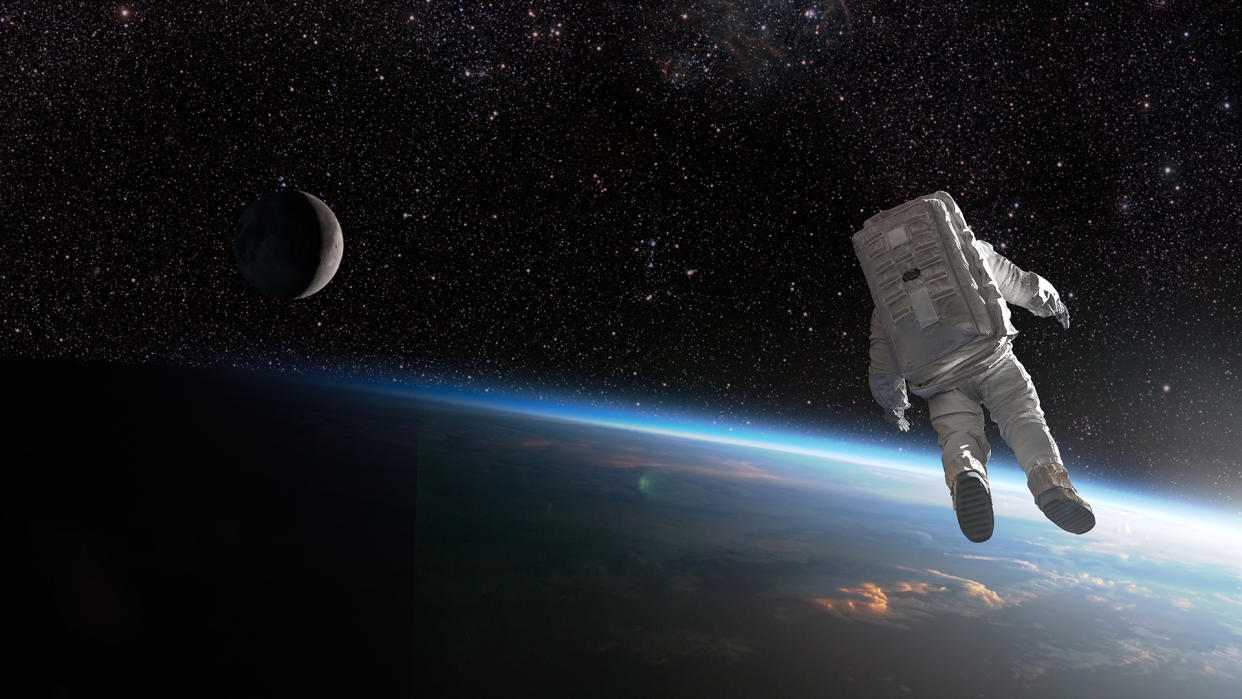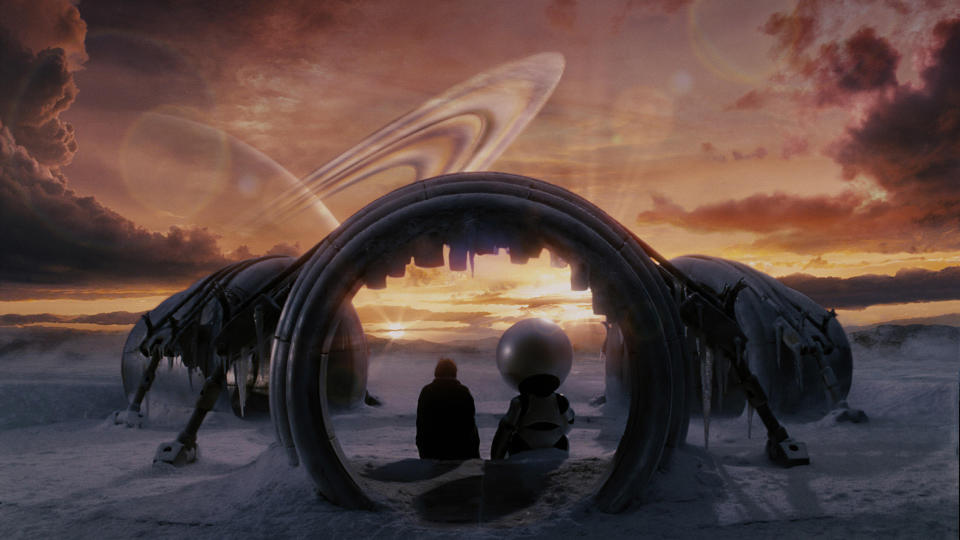Scientists propose 'missing' law for the evolution of everything in the universe

- Oops!Something went wrong.Please try again later.
Researchers have proposed a "missing" scientific law for the evolution of life, minerals, planets, stars and pretty much everything else in the universe.
This new law identifies "universal concepts of selection" that drive systems to evolve, whether they're living or not. It addresses the tendency for natural systems in the universe to become more complex over time.
The research team behind the law, which included philosophers, astrobiologists, a theoretical physicist, a mineralogist and a data scientist, have called it "the law of increasing functional information."
"This was a true collaboration between scientists and philosophers to address one of the most profound mysteries of the cosmos: why do complex systems, including life, evolve toward greater functional information over time?" study co-author Jonathan Lunine, a physical science professor at Cornell University, said in a statement.
Lunine and his colleagues described their new law in a study published Oct. 16 in the journal PNAS.
Related: 'Doubly magic' form of oxygen may challenge a fundamental law of physics

Scientific laws are descriptions of observed phenomena. They don't explain why those phenomena exist or what causes them, but they advance our scientific understanding and provide a launching pad for future research.
The new law states that "the functional information of a system will increase (i.e., the system will evolve) if many different configurations of the system undergo selection for one or more functions," the researchers wrote in the study.
The law applies to systems that form from numerous components — such as atoms, molecules and cells — which can be arranged and rearranged repeatedly and adopt multiple different configurations, according to the statement. The law also says these configurations are selected based on function, and only a few survive.
Expanding Darwin's theory of evolution, the researchers claim that non-living systems also evolve when a novel configuration of components works and improves function. One example of a function is stability, according to the statement.
The scientific community is reacting to this new law. Commenting on a statement from the Carnegie Science Earth and Planets Laboratory in Washington, D.C., theoretical biologist Stuart Kauffman, professor emeritus of biochemistry and biophysics at the University of Pennsylvania, said the study is a "superb, bold, broad, and transformational article," while Milan Cirkovic, a research professor at the Astronomical Observatory of Belgrade, called the study "a breeze of fresh air blowing over the difficult terrain at the trijunction of astrobiology, systems science and evolutionary theory."
RELATED stories
—China is building the world's largest underwater telescope to hunt for elusive 'ghost particles'
—190 years after Darwin, 2-year expedition launches to retrace his voyage around the world
—Elusive Planet Nine could be an alternative form of gravity masquerading as a planet, study claims
However, The Guardian reported that not everyone is quite so taken with the law, including astronomer Martin Rees, professor emeritus of cosmology and astrophysics at the University of Cambridge.
"Given an immense amount of space and time, and the laws of physics and chemistry, an expanding variety of materials, environments and structures will emerge in the inanimate world," Rees said. "But I don’t see that this need be a manifestation of any new underlying principle analogous to the role of Darwinian selection via inheritance in the biological world."

